Hurricane Insurance Claims: 10 Things You Need to Know
When filing a hurricane insurance claim, know what's covered, what isn’t and how to get the most out of your policy.

Donna LeValley
Profit and prosper with the best of Kiplinger's advice on investing, taxes, retirement, personal finance and much more. Delivered daily. Enter your email in the box and click Sign Me Up.
You are now subscribed
Your newsletter sign-up was successful
Want to add more newsletters?

Delivered daily
Kiplinger Today
Profit and prosper with the best of Kiplinger's advice on investing, taxes, retirement, personal finance and much more delivered daily. Smart money moves start here.

Sent five days a week
Kiplinger A Step Ahead
Get practical help to make better financial decisions in your everyday life, from spending to savings on top deals.

Delivered daily
Kiplinger Closing Bell
Get today's biggest financial and investing headlines delivered to your inbox every day the U.S. stock market is open.

Sent twice a week
Kiplinger Adviser Intel
Financial pros across the country share best practices and fresh tactics to preserve and grow your wealth.

Delivered weekly
Kiplinger Tax Tips
Trim your federal and state tax bills with practical tax-planning and tax-cutting strategies.

Sent twice a week
Kiplinger Retirement Tips
Your twice-a-week guide to planning and enjoying a financially secure and richly rewarding retirement

Sent bimonthly.
Kiplinger Adviser Angle
Insights for advisers, wealth managers and other financial professionals.

Sent twice a week
Kiplinger Investing Weekly
Your twice-a-week roundup of promising stocks, funds, companies and industries you should consider, ones you should avoid, and why.

Sent weekly for six weeks
Kiplinger Invest for Retirement
Your step-by-step six-part series on how to invest for retirement, from devising a successful strategy to exactly which investments to choose.
While hurricane season still has a couple of months left for residents along the Atlantic coast, the threat is winding down. Historically, late summer is when you can expect the worst storms to hit so making it to October might have you breathing a sigh of relief. That might be especially true after watching the double-threat of Humberto and Imelda veer east rather than making landfall in the United States this week.
But don't fall for that false sense of security. There's still a risk of hurricane activity through at least the end of November. And this relatively quiet period is the prime opportunity to shore up any missing coverage in your home insurance and refresh your memory on how to make sure any claims you need to file get approved.
Here's what you need to know about what home insurance won't cover (and what they will) after a hurricane as well as what you need to do to make sure your home is fully protected.
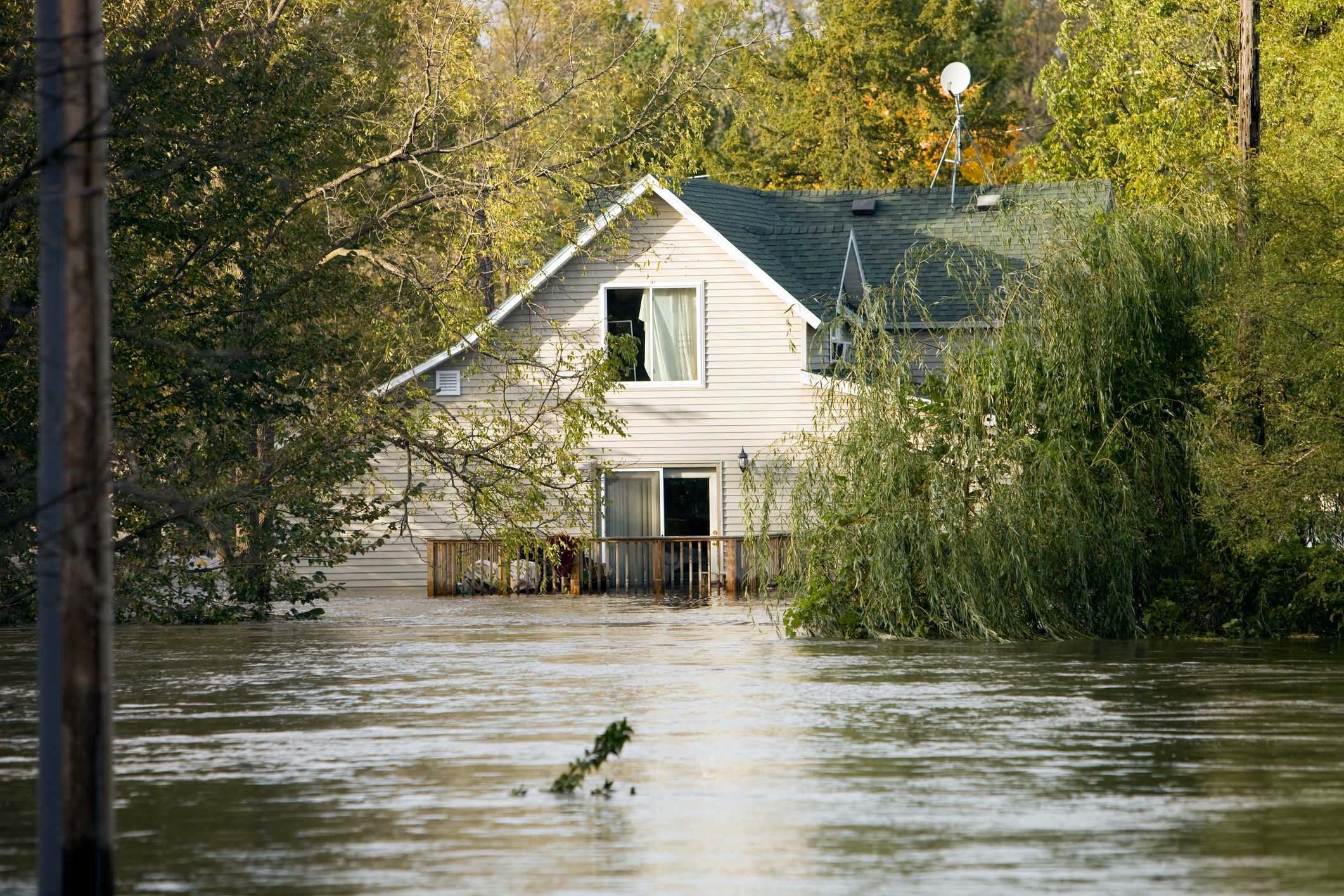
1. Flooding isn’t covered by standard homeowner's insurance
As each year seems to break the previous year's record for the number and intensity of hurricanes to hit the United States, homeowners are increasingly learning the hard way what hurricane insurance does and does not cover. Unfortunately, a lot of the water damage your home will sustain in the aftermath is probably excluded.
Damage caused by wind, wind-driven rain and water that comes into your home through the roof, windows, doors or holes in the walls is generally covered by homeowners insurance.
But damage from flooding or water that rises from the bottom up — from the overflow of a body of water, for example, or a storm surge — is not covered. For that, you need a separate flood insurance policy.
Distinguishing between the two after a hurricane can be tricky, especially if you can't easily tell where the water came in from. See the Federal Emergency Management Agency’s Wind Damage vs. Flood Damage fact sheet.
Hurricane Idalia caused storm surge inundation of 7 to 12 feet and widespread rainfall flooding in Florida and throughout the southeast. A lot of the damage in Florida was from flooding and was only covered if you had flood insurance, such as through the FloodSmart.gov National Flood Insurance Program or a private flood insurer. Reports indicate that few of the many inland properties that suffered damage from Ian had this critical coverage.
But even if you didn’t have flood insurance, it’s still worthwhile to contact your home insurance company to see whether some of your expenses will be covered, such as wind damage to your roof or the additional living expenses you incurred while you were out of your house.
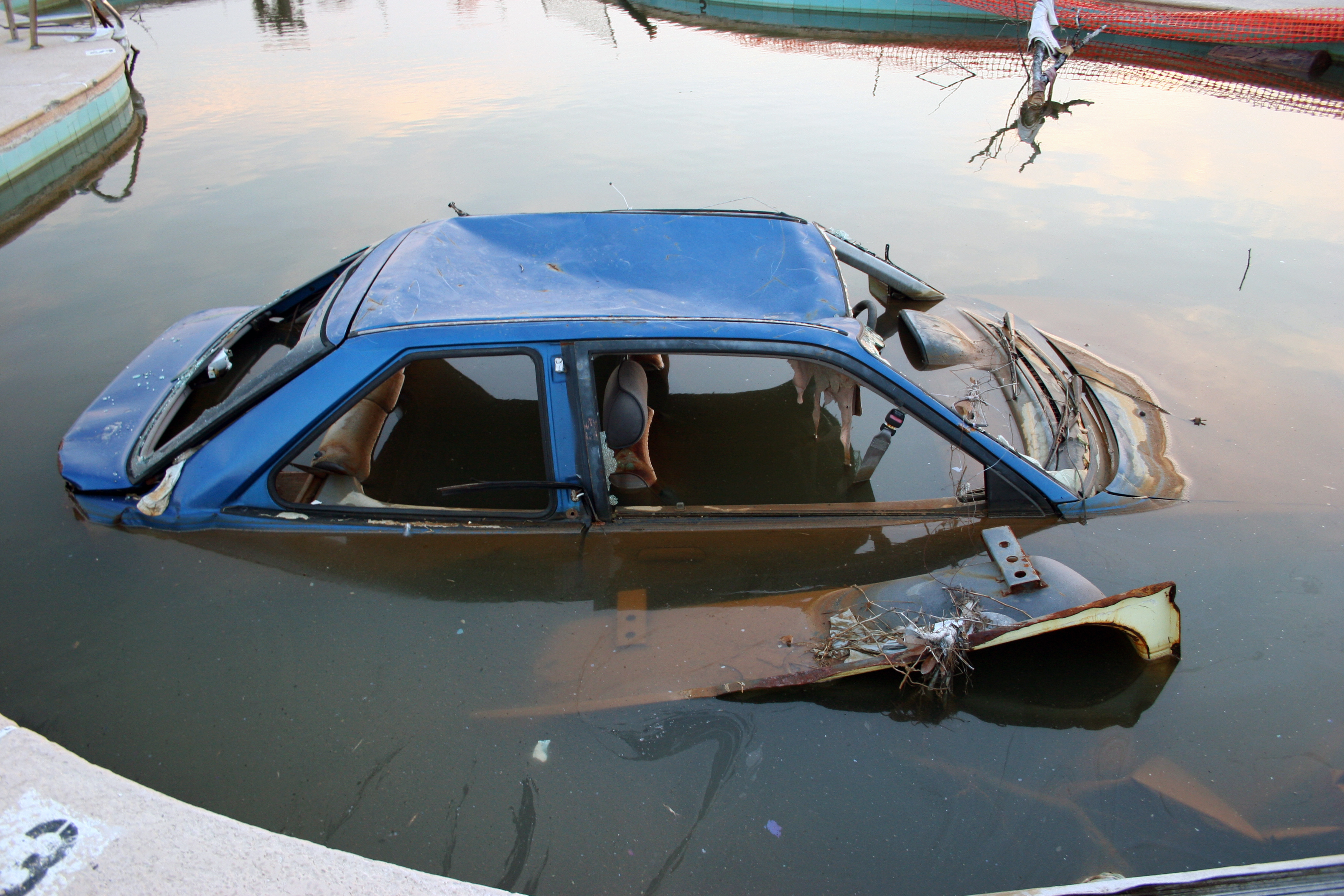
2. Flooding is covered by auto insurance
If your auto insurance includes comprehensive coverage, which insures against physical damage not caused by an accident, then flooding would be covered. In many cases, the water damage can be so bad that the insurance company will declare the car a total loss and pay out the current market value of the car (minus the deductible).
On that note, be careful if you're buying a used car in the months following a major hurricane as vehicles with flood damage enter the market. Water-damaged cars can pose serious safety risks, including faulty air bags and compromised electrical systems.
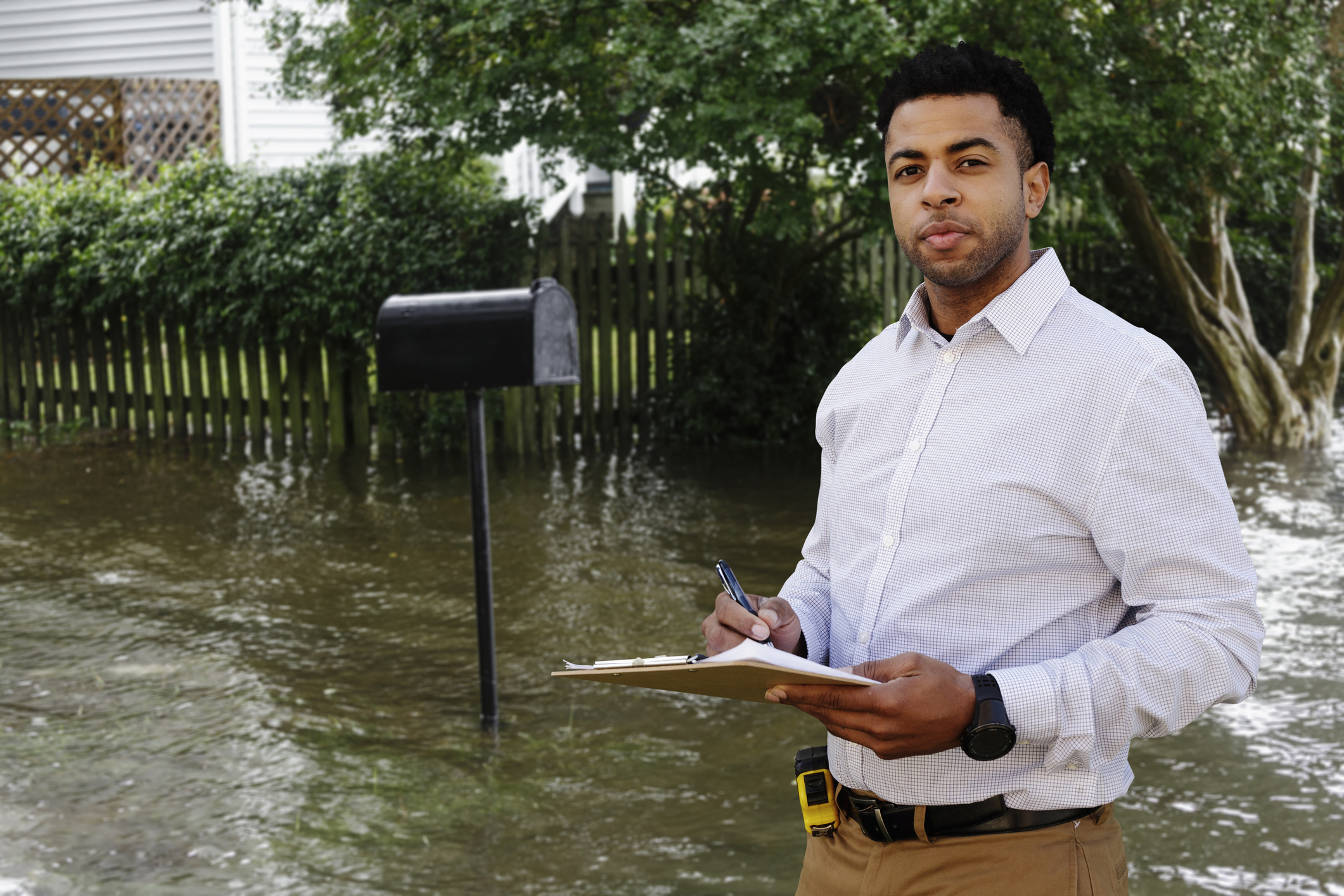
3. The sooner you start documenting your claim, the better
Insurers usually want you to make temporary repairs, such as putting up a tarp, to stop any further damage to the house, even before an adjuster assesses the property. But take pictures before you make those temporary fixes.
Check out the National Association of Insurance Commissioners’ apps and other resources to help you document the damages. Also, keep receipts of any supplies you had to purchase for repairs, which may be reimbursed by your insurer.
Having the right home insurance is just as important as organizing your documents. To help you compare your options, use the tool below, powered by Bankrate:
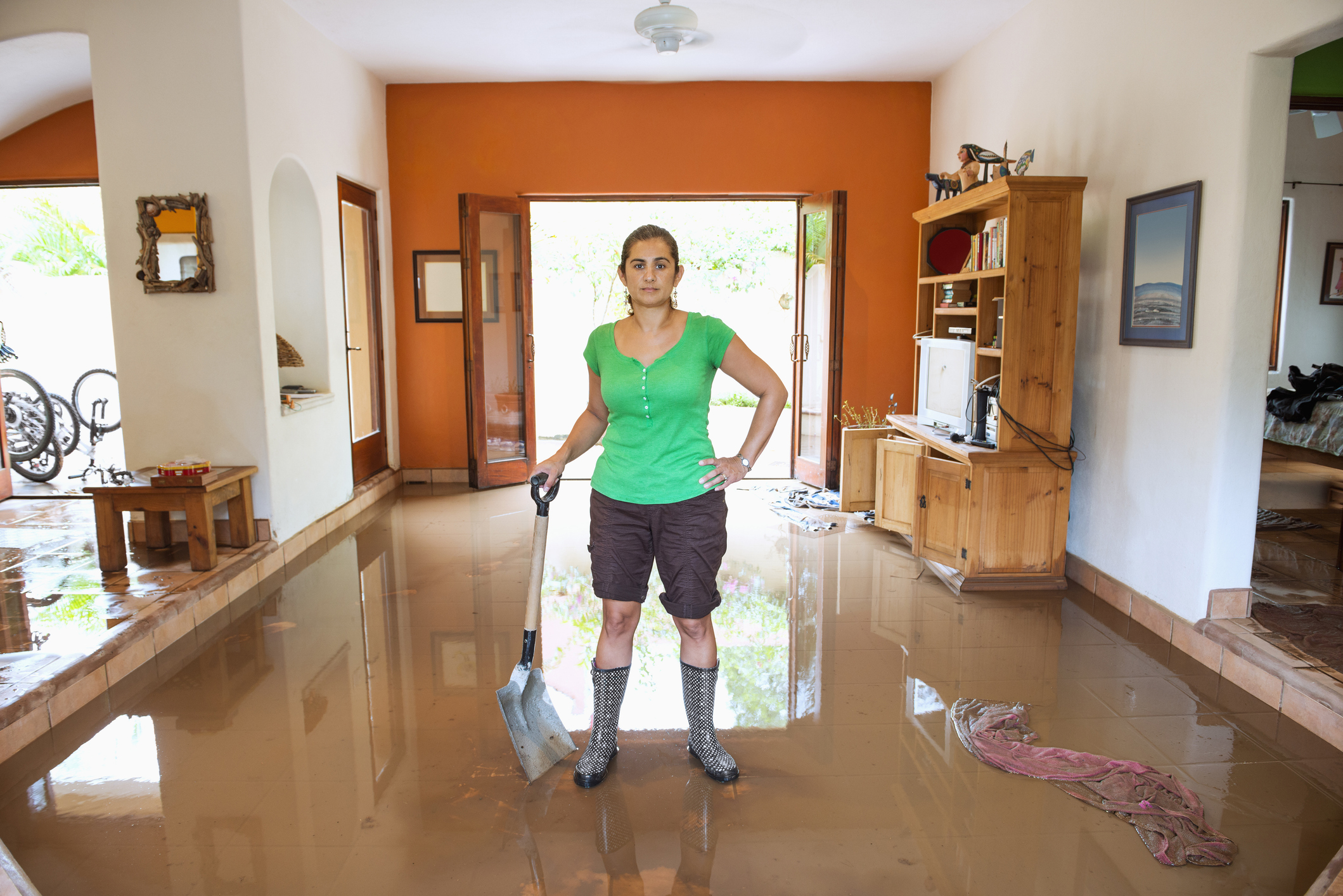
4. You may have a much higher deductible for hurricane damage
While damages from wind and wind-driven rain are covered by a standard homeowner's policy, many charge separate wind deductibles, which means higher out-of-pocket costs for you. The deductibles are usually based on a percentage (roughly 5% to 10%) of your home's insured value rather than a flat dollar amount.
That can really add up. For example, suppose your home is insured for $500,000 with a 5% wind deductible, and you have $30,000 worth of roof and siding damage from high winds. You’re responsible for $25,000, with your insurance covering only $5,000 of the damages.
Recently, too, insurers have been restricting coverage in areas frequently hit by natural disasters, making it harder to even find insurance coverage in disaster-prone areas — but there are some solutions to that.

5. You may qualify for other assistance
Most states’ emergency management agencies have information about other resources to help after a hurricane, such as emergency housing, medical and financial assistance from a variety of nonprofits and government agencies.
Start by typing your address in the tool at DisasterAssistance.gov to find out about aid in your area, including money for living expenses and rebuilding. You can also get in-person help at a FEMA disaster recovery center.
Look up the nearest one using the recovery center locator or the FEMA mobile app. You may also qualify for SBA Disaster Loan Assistance, a low-interest loan available for homeowners and renters to repair or replace damaged property. (Even though it’s offered by the U.S. Small Business Administration, you don’t need to be a business to qualify.) Also see links to the state emergency management agencies.
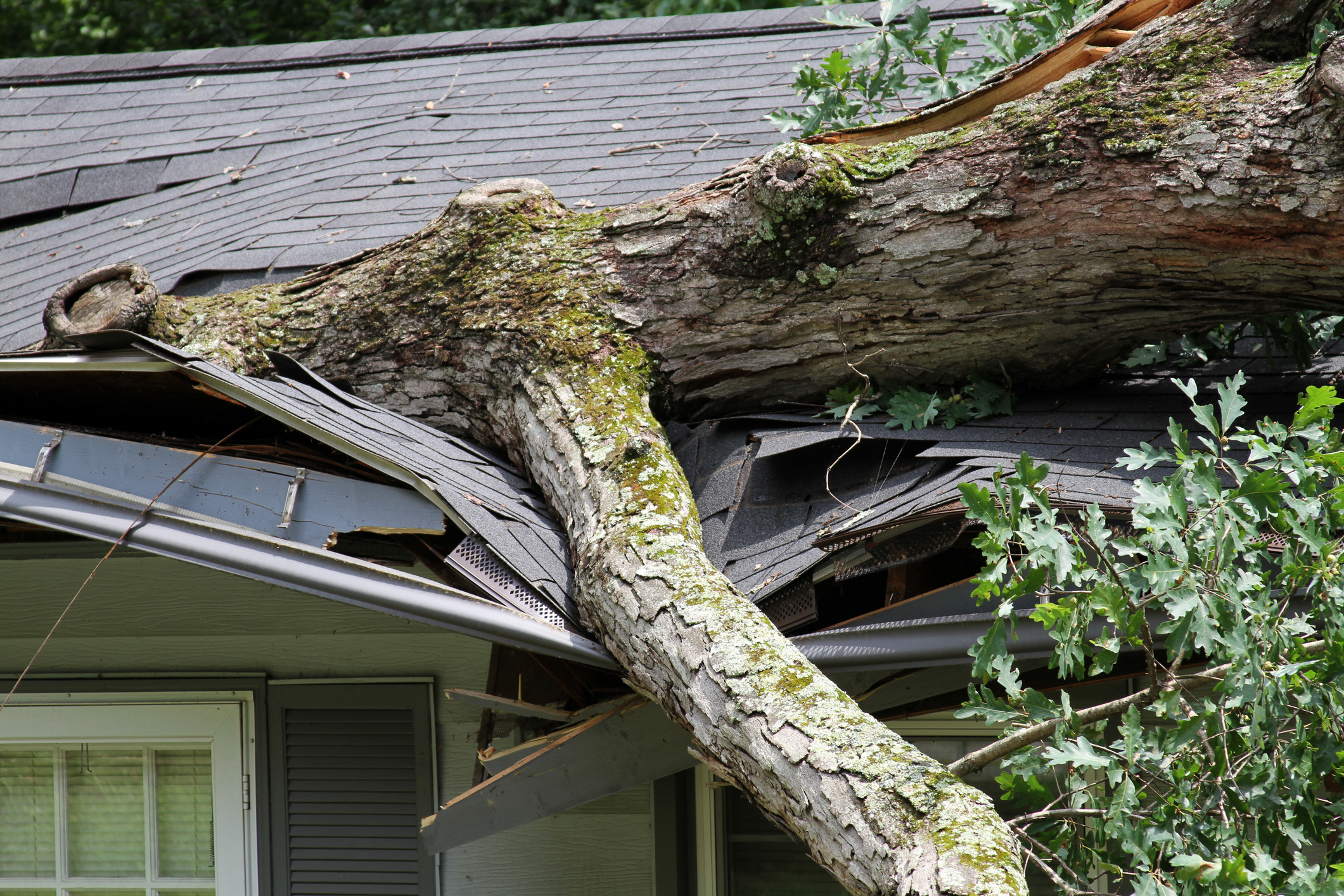
6. Fallen trees are usually covered
Even if a hurricane didn’t destroy your home directly, you may have some damage from fallen trees. This is generally covered by your homeowner's insurance, with one exception. If the tree was already dead or damaged before the hurricane, your insurance may decide the damage was caused by negligence or lack of maintenance and deny your claim.
If your tree damages a neighbor’s property — say, crushing a garage or fence — your neighbor should file a claim with his insurance company, which will generally pay to fix the damage. When a tree falls and doesn’t hit anything, insurance policies will typically pay just $500 to $1,000 — or sometimes nothing — for the cleanup.

7. Your insurer may pay for living expenses while you’re out of your home
Most homeowners' insurance policies pay for additional living expenses — including rent, food and other costs — for up to a year if the covered damage means you're unable to live in your home.
In some policies, the insurer pays up to a certain percentage of your total coverage amount for additional living expenses. This may be the first money you get from your insurance company before it determines how much to pay to rebuild your home.
These living expenses can really add up if you’re out of your home for a while as you wait for your house to be repaired or rebuilt. Be sure to keep all the receipts for reimbursement. Some insurers provide debit cards for these expenses.
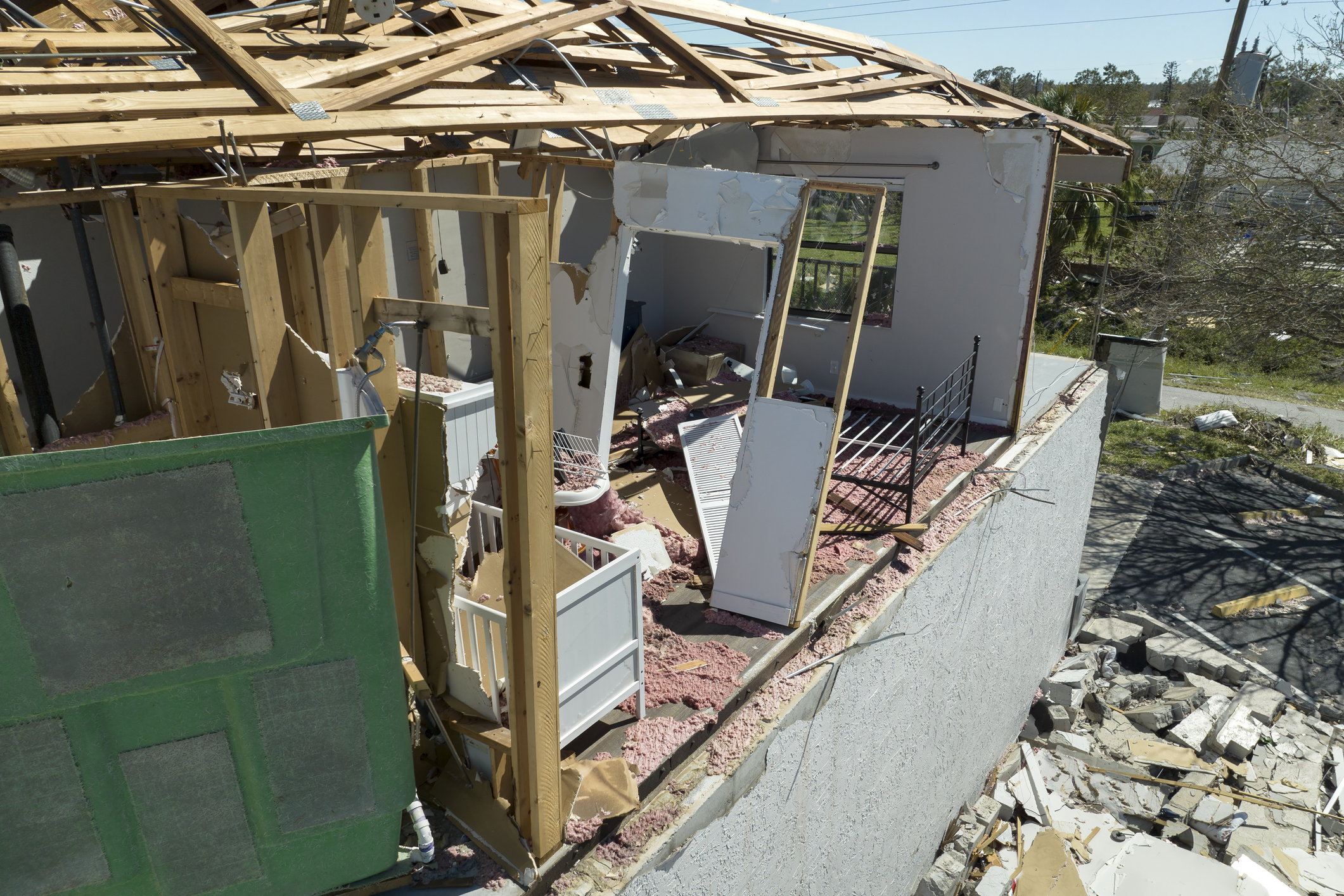
8. You should update your home inventory before disaster strikes
If you had a home inventory listing your possessions, and you kept it online or outside of your home, you’ll have a great head start when filing your claims. Otherwise, you may be able to piece together information that can help with your claim. Any photos you have of the rooms in your home can provide evidence to the insurer about items that were damaged.
To get a head start and help create a smoother claims process, take pictures of each room in your home, including closets, at least once a year so you have an up-to-date record of your possessions.
Whenever you buy any big ticket items, like a new dishwasher or expensive jewelry, keep digital copies of your receipts so you have proof of ownership and value at hand when it comes time to file a claim. Consider keeping important documents like your home inventory in a fireproof, waterproof document safe; many reliable options are available for under $100.
After a hurricane, take new pictures before removing debris so that you have some documentation that the items were damaged in the storm. See How to Get Your Insurer to Pay Your Claims to read about how people have pieced together inventories after tornados and water-damage claims — and what they wish they would have done differently.
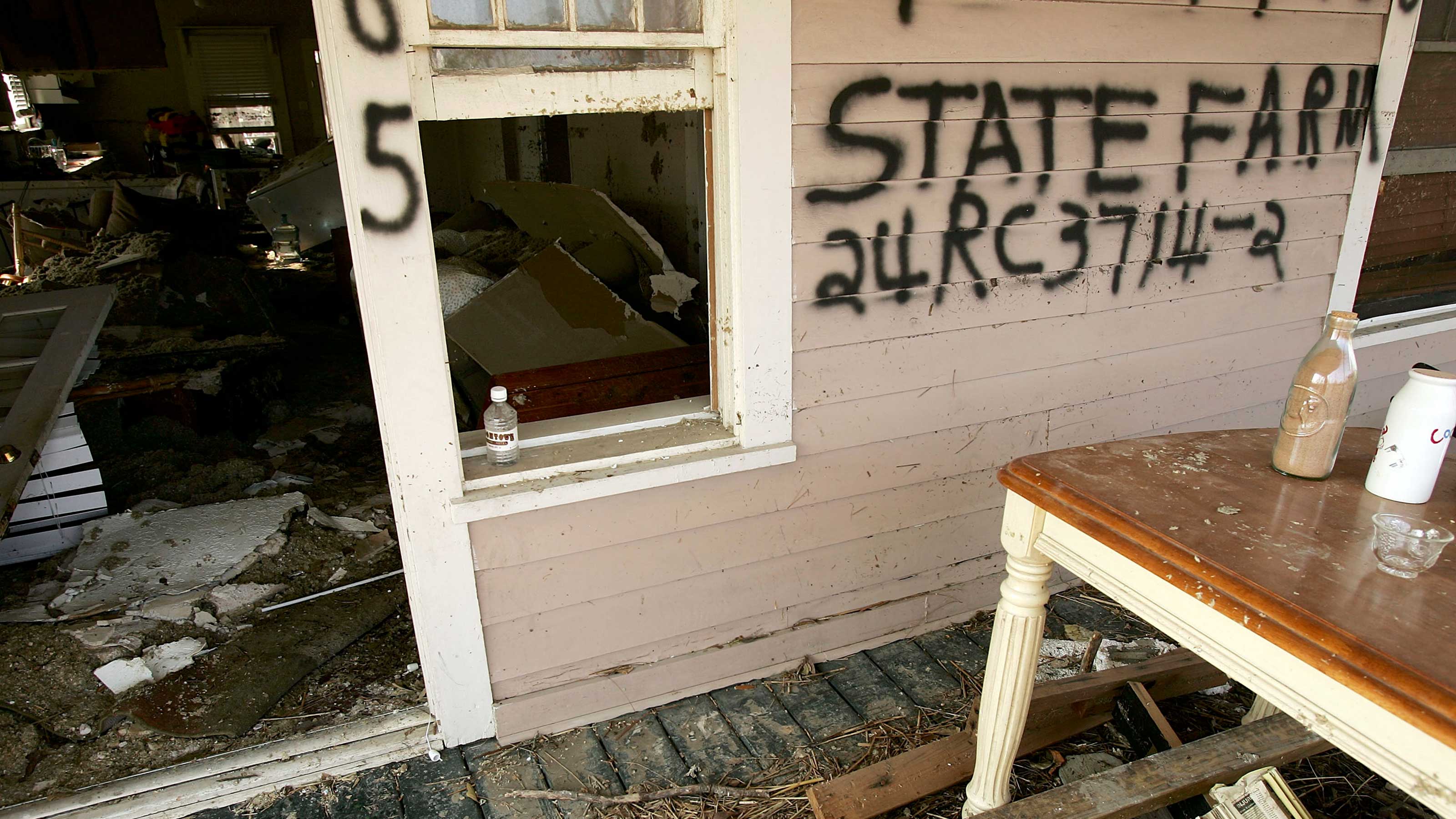
9. Your state may be able to help you with your claim
State insurance departments often dispatch consumer protection staff to disaster areas to answer questions and help you contact your insurer. Many insurance companies also have mobile claims units on the ground to assist with filing a claim and to answer any questions.
State insurance departments can also step in if you’re having trouble contacting your insurer or getting your claim paid. Many insurance departments also set up special mediation programs to help resolve disputes between residents and their insurance companies after a major disaster. For more information, see the National Association of Insurance Commissioners' insurance department map for contact information in your state.
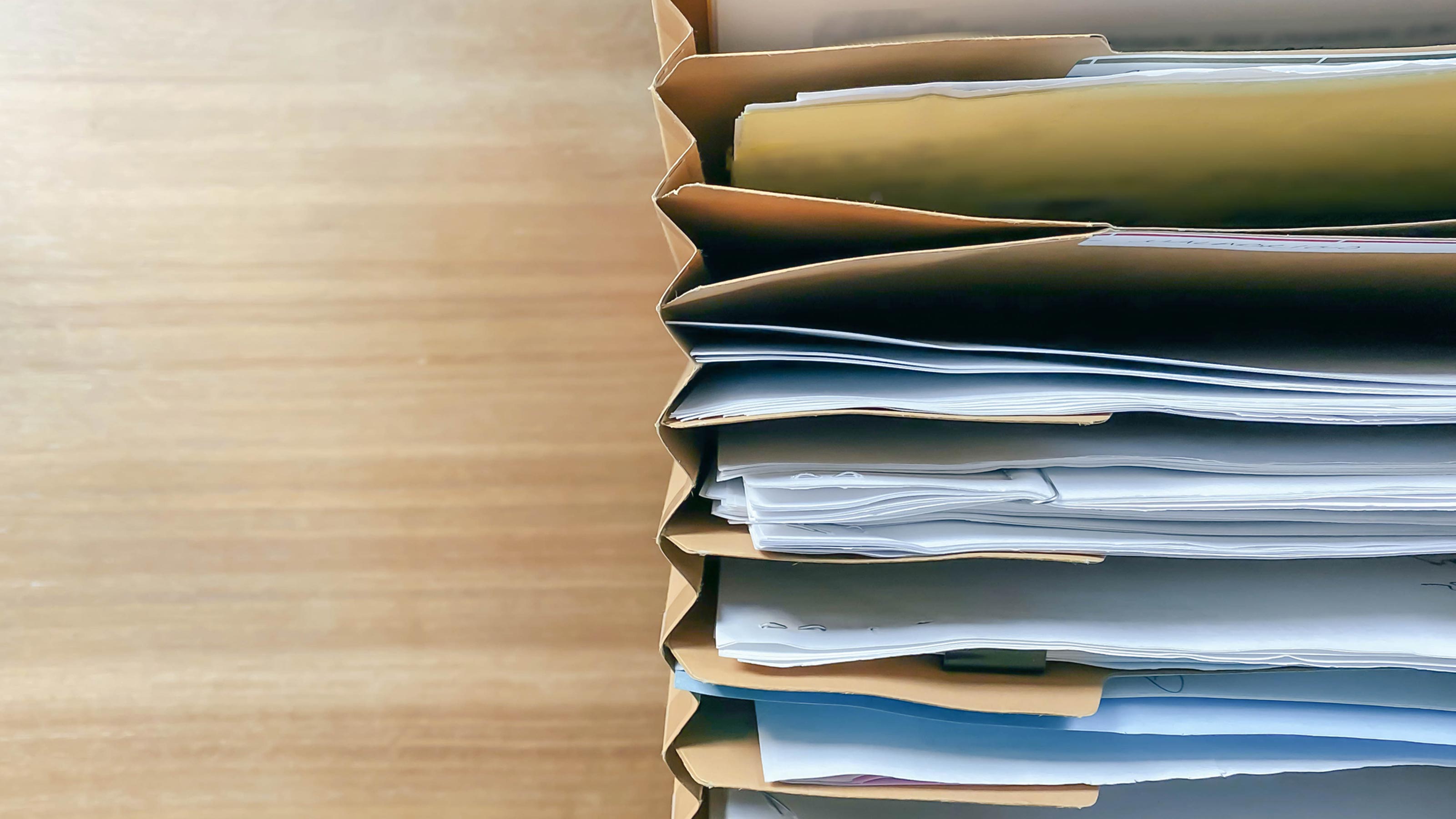
10. Storing and protecting your sensitive documents is key
It is critical that in case of a disaster, you secure all the documents you will need for insurance claims or disaster relief. Without the proper documentation it can take much longer to get financial assistance and begin the recovery process.
For additional checklists and guidance on collecting and safeguarding important information, the following are a few of the most comprehensive resources available:
- AARP Weather Safety Checklist
- CDC Natural Disaster and Severe Weather Guides
- FEMA Disaster Supplies Checklist
- Red Cross Hurricane Supply List
If your personal property or income is impacted by a disaster, you will need to provide documentation to prove you have the right to request assistance from insurance providers and from government disaster assistance programs.
Paper Copy Storage: The best option for storing paper copies of important documents is in a fire- and waterproof safe, or in a bank safe deposit box. If you use a safe deposit box, ask your bank or check State laws to confirm who can and cannot access the safe deposit box should the lessee be unable to do so.
Electronic Copies: Store electronic copies of important documents in a password-protected format on a removable flash drive or an external hard drive and keep the storage device secure in your fireproof and waterproof box or safe.
Another option is to use a secure cloud-based service like Quicken LifeHub, Dropbox, Apple iCloud or Google Drive, to name a few. Just be sure you encrypt your documents or files before uploading them.
This all is also why Kiplinger recommends you create a financial plan for natural disasters.
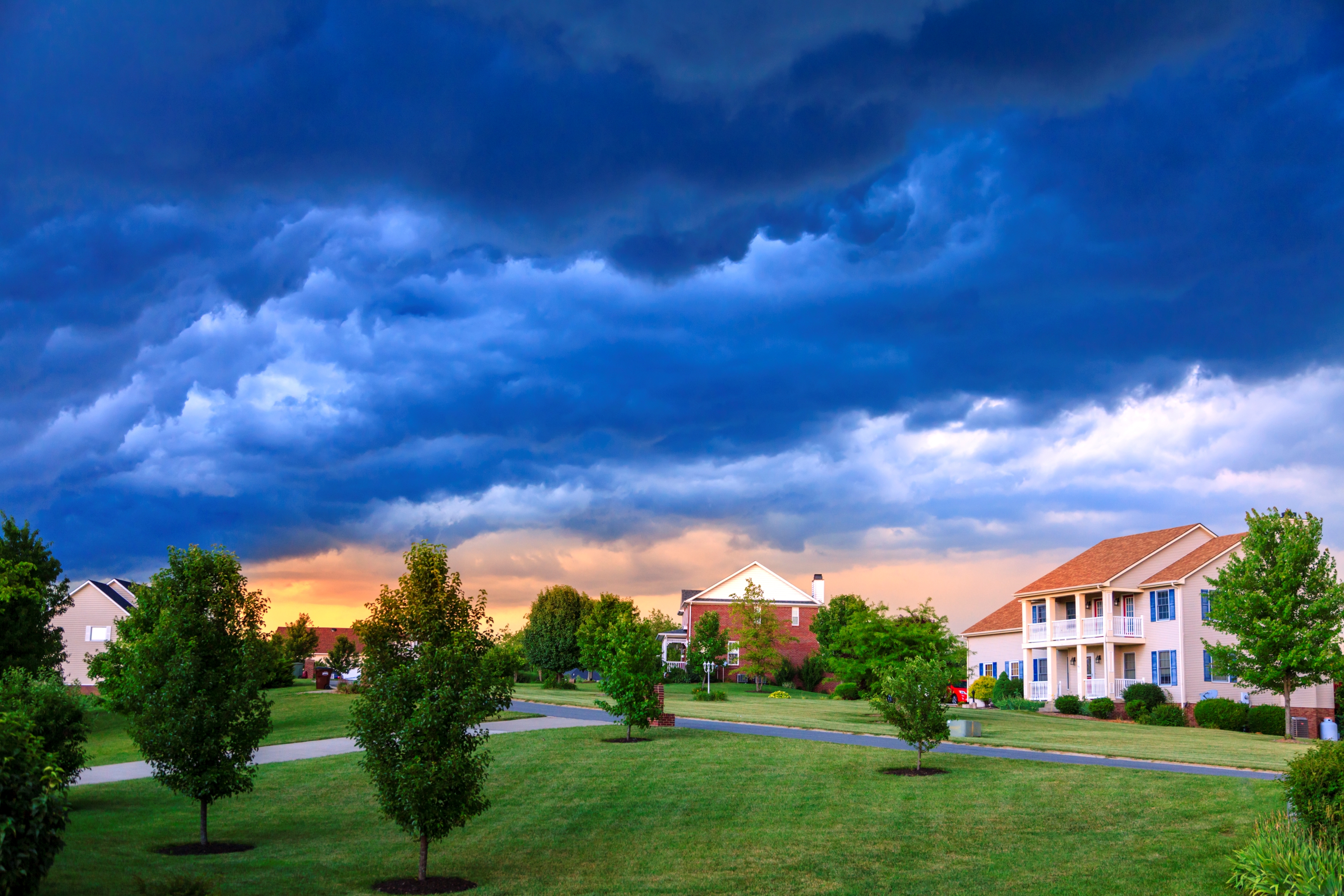
Don't wait for a hurricane to check your insurance
Eight of the 11 costliest natural disasters in U.S. history have been hurricanes. They have a wide range of impact that makes them so destructive, with risks including floods, high winds and storm surge.
A big part of picking up the pieces in the aftermath of a storm is making hurricane insurance claims, which includes looking at both what home insurance covers and your type of auto insurance. Dealing with filing may be the last thing you want to do as you manage home repairs and the emotional costs of damage, but it's vital to help you out.
Make sure you brush up on your policy details and buy any supplemental coverage you need now so you're not scrambling to figure everything out after the damage is done.
Get more insurance tips and other personal finance insights straight to your inbox. Subscribe to our daily newsletter, A Step Ahead.
Profit and prosper with the best of Kiplinger's advice on investing, taxes, retirement, personal finance and much more. Delivered daily. Enter your email in the box and click Sign Me Up.

Rachael Green is a personal finance eCommerce writer specializing in insurance, travel, and credit cards. Before joining Kiplinger in 2025, she wrote blogs and whitepapers for financial advisors and reported on everything from the latest business news and investing trends to the best shopping deals. Her bylines have appeared in Benzinga, CBS News, Travel + Leisure, Bustle, and numerous other publications. A former digital nomad, Rachael lived in Lund, Vienna, and New York before settling down in Atlanta. She’s eager to share her tips for finding the best travel deals and navigating the logistics of managing money while living abroad. When she’s not researching the latest insurance trends or sharing the best credit card reward hacks, Rachael can be found traveling or working in her garden.
- Donna LeValleyRetirement Writer
-
 5 Ronald Reagan Quotes Retirees Should Live By
5 Ronald Reagan Quotes Retirees Should Live ByThe Nation's 40th President's wit and wisdom can help retirees navigate their financial and personal journey with confidence.
-
 How to Use 1031 Exchanges to Build Your Real Estate Empire
How to Use 1031 Exchanges to Build Your Real Estate EmpireSmall rental properties can be excellent investments, but you can use 1031 exchanges to transition to commercial real estate for bigger wealth-building.
-
 Where's the Best Place to Save for a House Down Payment?
Where's the Best Place to Save for a House Down Payment?Learn how timing matters when it comes to choosing the right account.
-
 My Spouse and I Are Saving Money for a Down Payment on a House. Which Savings Account is the Best Way to Reach Our Goal?
My Spouse and I Are Saving Money for a Down Payment on a House. Which Savings Account is the Best Way to Reach Our Goal?Learn how timing matters when it comes to choosing the right account.
-
 We're 78 and Want to Use Our 2026 RMD to Treat Our Kids and Grandkids to a Vacation. How Should We Approach This?
We're 78 and Want to Use Our 2026 RMD to Treat Our Kids and Grandkids to a Vacation. How Should We Approach This?An extended family vacation can be a fun and bonding experience if planned well. Here are tips from travel experts.
-
 My First $1 Million: Retired From Real Estate, 75, San Francisco
My First $1 Million: Retired From Real Estate, 75, San FranciscoEver wonder how someone who's made a million dollars or more did it? Kiplinger's My First $1 Million series uncovers the answers.
-
 To Love, Honor and Make Financial Decisions as Equal Partners
To Love, Honor and Make Financial Decisions as Equal PartnersEnsuring both partners are engaged in financial decisions isn't just about fairness — it's a risk-management strategy that protects against costly crises.
-
 Top 5 Career Lessons From the 2026 Winter Olympics (So Far)
Top 5 Career Lessons From the 2026 Winter Olympics (So Far)Five lessons to learn from the 2026 Winter Olympics for your career and finances.
-
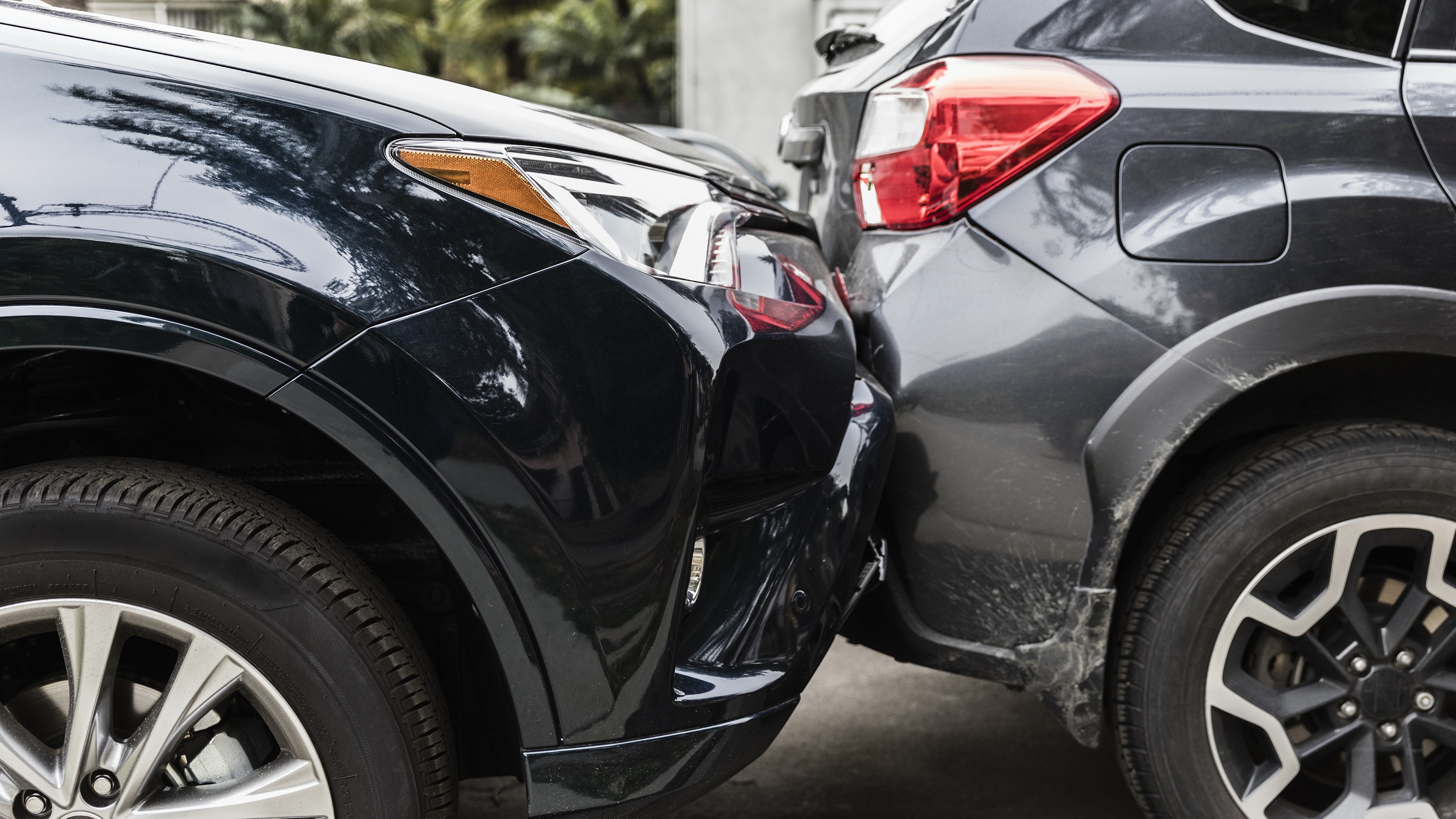 4 At-Fault States With No-Fault Insurance Rules You Should Know
4 At-Fault States With No-Fault Insurance Rules You Should KnowThink you live in an at-fault car insurance state? These four still have some tricky no-fault insurance laws you should know about.
-
 For More Flexible Giving, Consider Combining a Charitable Remainder Trust With a Donor-Advised Fund
For More Flexible Giving, Consider Combining a Charitable Remainder Trust With a Donor-Advised FundIf a charitable remainder trust puts too many constraints on your family's charitable giving, consider combining it with a donor-advised fund for more control.
-
 Big Change Coming to the Federal Reserve
Big Change Coming to the Federal ReserveThe Lette A new chairman of the Federal Reserve has been named. What will this mean for the economy?
